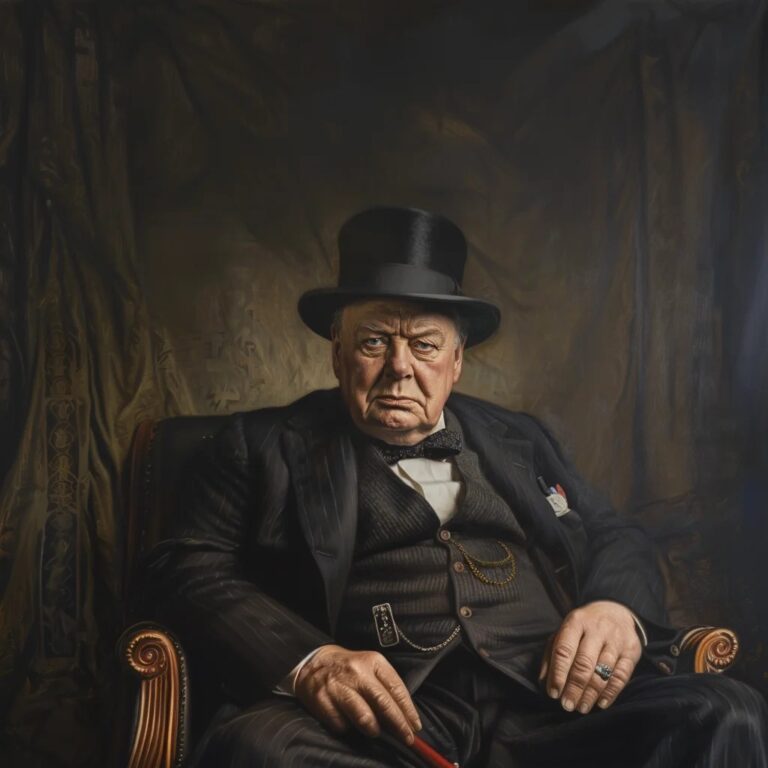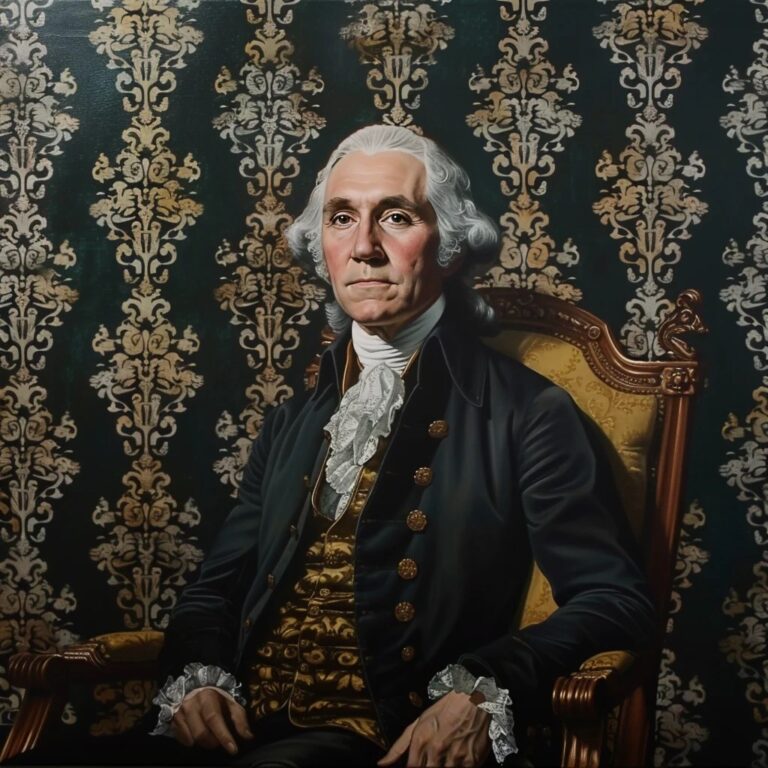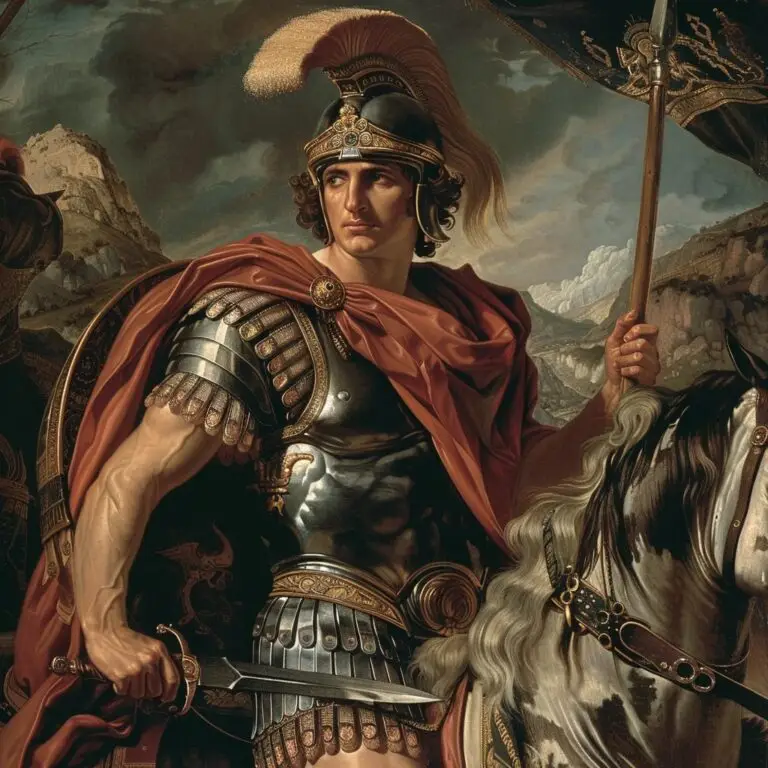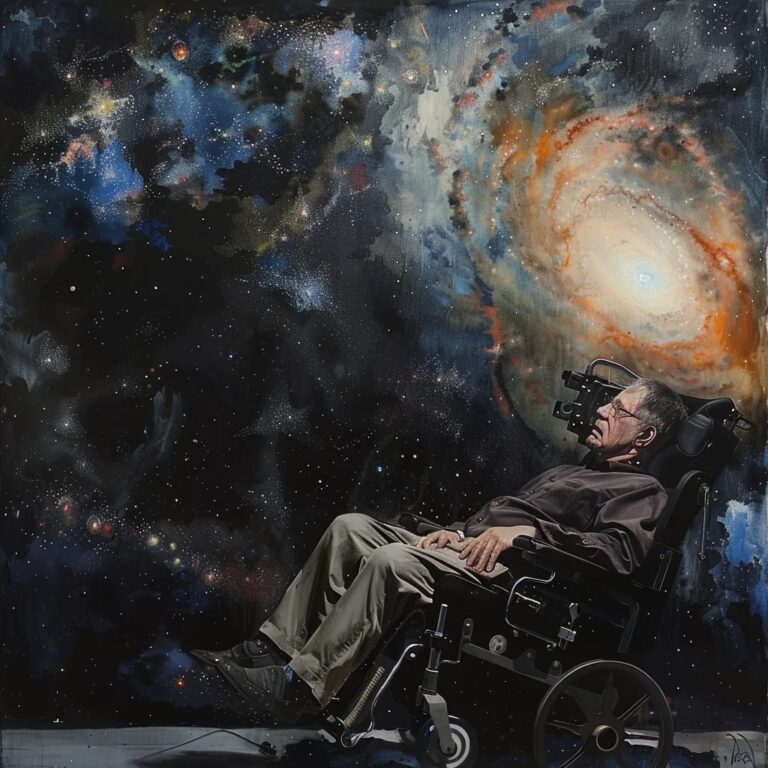Churchill was born on November 30, 1874, at Blenheim Palace in Oxfordshire, England.
He was a descendant of the Duke of Marlborough.
Churchill served in the British Army and worked as a war correspondent before entering politics.
He won the Nobel Prize in Literature in 1953 for his historical writings.
Churchill served as Prime Minister of the UK from 1940 to 1945 and again from 1951 to 1955.
He is famous for his speeches, including 'We shall fight on the beaches' and 'Their finest hour.'
Churchill was an accomplished painter and produced over 500 paintings.
He coined the term 'Iron Curtain' to describe the division between Western Europe and the Soviet Bloc.
Churchill had a strong love for cigars and was rarely seen without one.
He was named an honorary citizen of the United States in 1963.
Churchill's leadership was instrumental in the Allied victory in World War II.
He was known for his wit and humor, often delivering sharp and memorable quotes.
Churchill was a prolific writer, authoring numerous books and articles.
He had a passion for history and wrote extensively on the subject.
Churchill passed away on January 24, 1965, and was given a state funeral attended by leaders from around the world.



